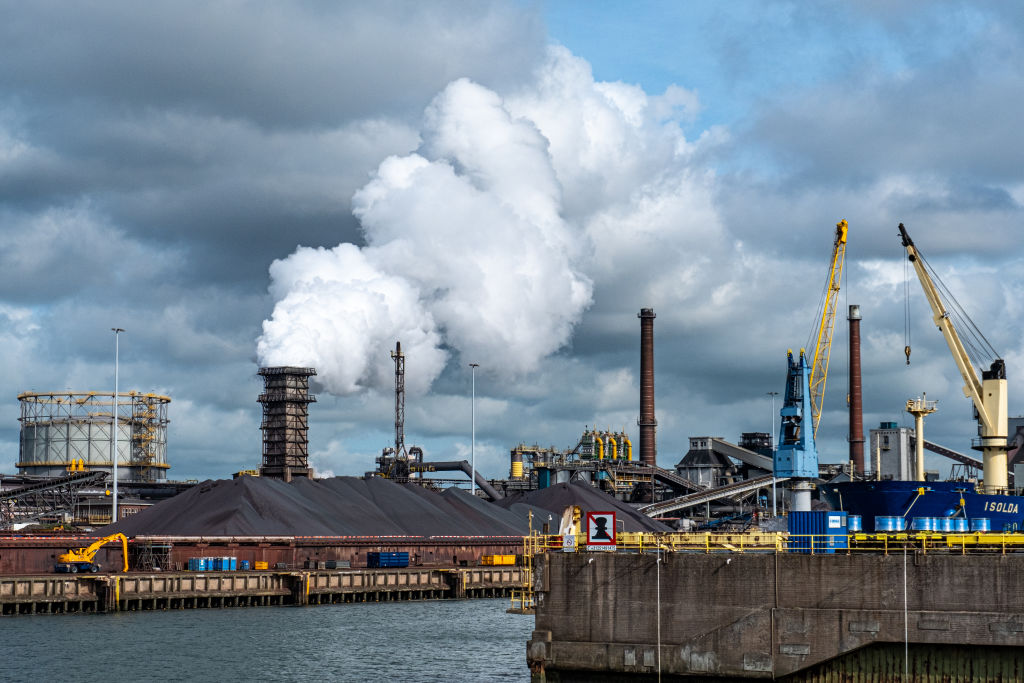
(To get this story in your inbox, subscribe to the TIME CO2 Leadership Report newsletter here.)
Ever since the dawn of the Industrial Revolution, economic output has grown in lockstep with carbon emissions. The relationship is simple: the more humans produce and consume, the more energy required. And, more energy equals more emissions.
That history has led to a persistent belief that dealing with climate change necessarily means accepting lower growth. Now, reality is challenging that assumption. In recent weeks, new analyses have pointed out that carbon emissions are diverging from economic growth in many countries.
In these columns, I often look more closely at specific businesses or policies. But at times it can be worth pausing to reflect on the macro trends at play and their significance for private sector climate action. And it’s hard to overstate that separating economic growth from emissions really is a game changer.
Most obviously, it matters in the energy sector. The demand picture is changing in ways that some observers would have thought impossible not too long ago, and investors and businesses would be wise to challenge their assumptions that the future will look like the past. But it’s relevant outside the energy sector and across the broader economy, too. The fact that carbon emissions can be durably decoupled from economic growth is real-world proof that the green transition underway can endure without crushing the economy. Companies and investors who ignore this may be in for a rude awakening.
The prospect of advancing economic development while cutting emissions has been closely watched and debated for decades. Climate advocates insisted that clean energy could drive the same prosperity as fossil fuels; naysayers said cutting emissions would lead to economic decline. Data points—like a drop in emissions during recessionary periods—only served to reinforce the gloomy vision.
But in recent years the picture has changed rapidly. In January, the Rhodium Group, an independent research group, found that U.S. carbon emissions dropped slightly last year even as the economy grew thanks in large part due to the continued move away from coal power.
And this week an analysis from the International Energy Agency showed how this same trend is playing out to varying degrees across developed countries. GDP has grown while emissions drop in the U.S., Europe, Japan, Korea, Australia, and New Zealand. In other countries, including India and China, the speed at which emissions are increasing has slowed down even as economic growth continues much more rapidly. Each country has its own story, but the general contours remain the same: clean energy, energy efficiency, and the electrification of things that would have once been powered by fossil fuels.
This is definitely a positive climate development, but it goes without saying that this decoupling isn’t happening fast enough. The good news is that accelerating the decoupling would also create opportunities for new innovations across industries and technologies. Business just needs to seize them.
More Must-Reads from TIME
- Inside Elon Musk’s War on Washington
- Meet the 2025 Women of the Year
- The Harsh Truth About Disability Inclusion
- Why Do More Young Adults Have Cancer?
- Colman Domingo Leads With Radical Love
- How to Get Better at Doing Things Alone
- Cecily Strong on Goober the Clown
- Column: The Rise of America’s Broligarchy
Write to Justin Worland at justin.worland@time.com